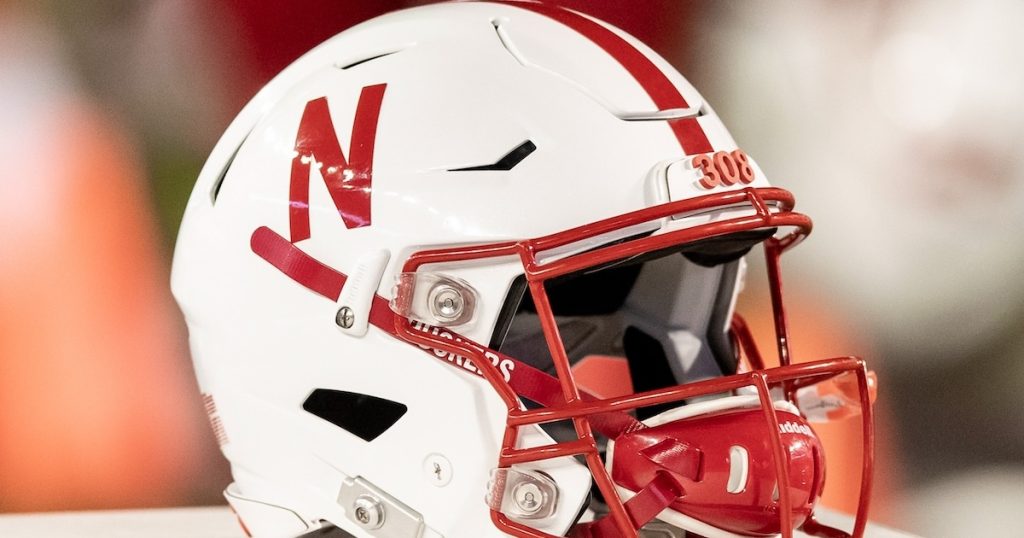When it comes to NFL contracts, the franchise tag is a crucial tool that teams utilize to secure their star players. For those selected, this tag can take on two distinct forms, each with its own implications. The franchise tag essentially binds a player to their team for at least one year, providing teams with a strategic advantage, especially when a player is on the brink of becoming an unrestricted free agent.
Understanding the Franchise Tag
So, what exactly does a franchise tag mean? It’s a mechanism that allows an NFL team to retain a player when they are about to hit the open market. The franchise tag was first introduced in 1993, and since then, it has become a significant aspect of player negotiations.
When a player is tagged, they have the option to negotiate a long-term contract with their team. If both parties can come to an agreement, the player is locked in for the upcoming season. However, if negotiations stall, the franchise tag ensures that the player remains with the team for at least one more year, albeit at a predetermined salary.
Types of Franchise Tags
The franchise tag comes in two varieties: the exclusive tag and the non-exclusive tag. Players under an exclusive tag lose their rights to negotiate with other teams. This means all discussions regarding contracts and potential trades are strictly between the player and their current team.
On the other hand, a non-exclusive tag allows players to negotiate with other teams, giving them more leverage in discussions about salary and potential trades. This distinction is crucial, as it can significantly impact a player’s career trajectory and earning potential.
When Can Players Refuse a Franchise Tag?
You might wonder, can a player refuse a franchise tag? The answer is a bit nuanced. While there are no official league guidelines that allow a player to outright refuse the tag, some athletes may attempt to pressure their teams by holding out during training camps or pre-season activities. This tactic can create tension and lead to difficult negotiations, but it’s a strategy some players feel compelled to use when they disagree with the tag’s implications.
It’s also worth noting that an NFL team can franchise tag a player up to three times. This means that even if a player initially accepts the tag, they could find themselves tagged again in subsequent years, potentially leading to frustration and uncertainty.
Key Dates for Franchise Tags
Timing is everything in the NFL, and the window for franchise tags is no exception. This year, the franchise tag period begins on February 18 and concludes on March 4. This timeframe is critical for teams and players who have not been able to negotiate a long-term contract. Typically, long-term contracts are discussed in July, so the franchise tag serves as a stopgap measure to ensure that teams can retain their key players while negotiations continue.
Notable Candidates for the Franchise Tag
As we look ahead to the upcoming season, several players are prime candidates for a franchise tag. One of the most talked-about names is Russell Wilson, the legendary quarterback for the Pittsburgh Steelers. Wilson is projected to receive a staggering $42 million franchise tag in 2025, a testament to his value and impact on the field.
Another player to watch is Trey Smith, an offensive lineman for the Super Bowl-contending Kansas City Chiefs. Smith’s performance has made him a key asset, and the Chiefs may opt to secure him with a franchise tag as they aim for another championship run.
Historical Context
Throughout NFL history, many players have found themselves in contentious situations regarding the franchise tag. Some have successfully negotiated long-term deals, while others have opted to hold out or even change teams. The dynamics of the franchise tag can lead to dramatic storylines in the NFL, as players navigate their careers while trying to maximize their earning potential.
Conclusion
As the franchise tag window approaches, teams will be making critical decisions that could shape their rosters for years to come. The implications of the franchise tag are profound, affecting not only the players involved but also the overall landscape of the league. For fans, it’s a thrilling time filled with speculation and anticipation as we wait to see who will be tagged and how it will impact the upcoming season. The franchise tag is more than just a contract tool; it’s a pivotal moment in the careers of many NFL athletes.
































